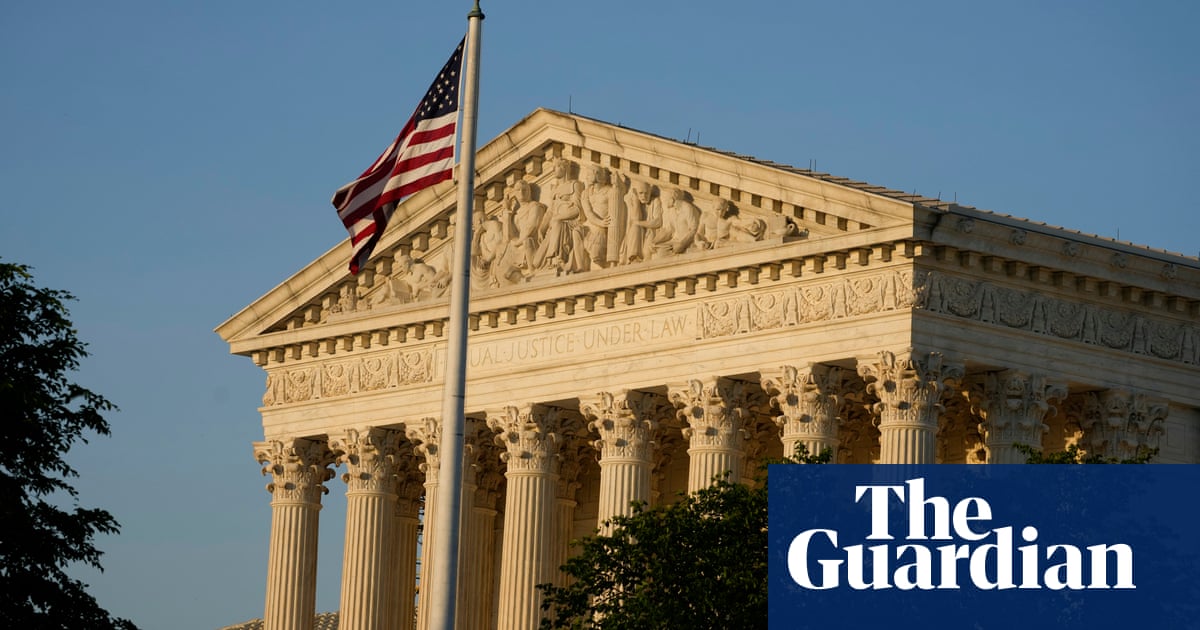Future of mifepristone at issue as rightwing groups seek to roll back measures taken by the FDA to expand drug’s availability
Abortion is back at the US supreme court, with arguments on Tuesday in the first major case on the issue since a 6-3 majority ruled in 2022 to overturn Roe v Wade and end the national right to abortion – a decision that unleashed abortion bans throughout the country as well as a political backlash that Democrats hope will serve them in the coming presidential election.
At issue in the case is the future of mifepristone, a drug typically used in US medication abortions. The rightwing groups that brought the case are seeking to roll back measures taken by the Food and Drug Administration (FDA) to expand the drug’s availability in recent years.
A decision in their favor would apply nationwide, including to states that protect abortion access, and would likely make the drug more difficult to acquire. The loosening of restrictions on mifepristone have helped mitigate the impact of post-Roe abortion bans; if those restrictions are reimposed, abortion rights groups anticipate it will become significantly more difficult to access abortions in the US.
“More than 60% of abortions in the US are medication abortions, so that would impact a substantial number of people, whether you live in a protective state or a restricted state,” said Nicole Huberfeld, a health law professor at Boston University’s School of Public Health.



Accelerationism is also naive because it assumes that what comes out on the other end is any better than what we have now. Especially if your ultimate vision is a complex political and civil landscape which requires a bunch of infrastructure and institutions we already have. It took humans a long time to get this far, so the idea that starting from scratch can be faster than iterating within the current system is pretty dumb.